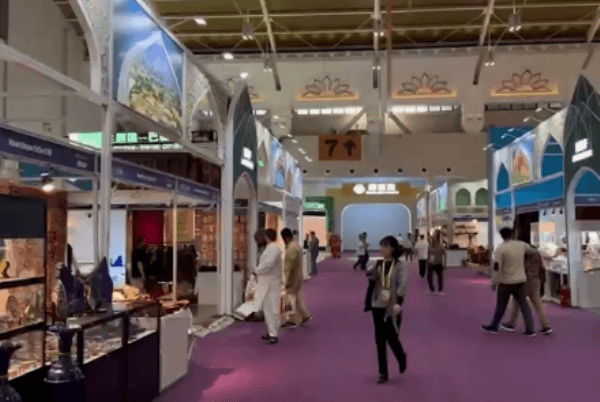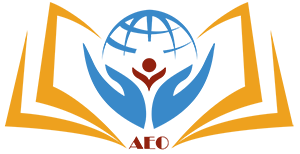
Afghanistan Economic Outlook
July 2024
Afghanistan Economic Outlook, is a creative initiative of the Afghanistan Economic and Legal Studies Organization (AELSO) which reflects most important & the latest economic events that happened during a month in Afghanistan.
By reading this economic newsletter, that has designed in three languages (Pashto, Dari & English), you can get a wider overview of Afghanistan’s economic situation.
Taliban signs $25 million cotton thread export deal with Chinese firm
KABUL, Afghanistan — Taliban signed a $25 million contract with a Chinese company for the export of cotton thread.
The Taliban-run Ministry of Commerce announced that the agreement was made between the Afghan Golden Cotton Company and the Shanghai Khuban Textile Company. According to the ministry, the contract involves the export of 10,000 tons of cotton thread to China.
The signing took place during a ceremony in Kabul celebrating National Export Day.
Taliban officials have consistently urged local investors to channel their investments into Afghanistan. However, the private sector faces significant challenges, including banking restrictions, high tariffs, and steep taxes.
In related developments, the Taliban appointed Noor Ahmad Agha, a sanctioned Taliban member, as the governor of Afghanistan’s Central Bank last week.
Taliban hosts exhibition to promote Panjshir emeralds
 PANJSHIR, Afghanistan — Taliban inaugurated the “First Panjshir Emerald Exhibition” in Panjshir province, showcasing not only emeralds but also a variety of handicrafts and other domestic products.
PANJSHIR, Afghanistan — Taliban inaugurated the “First Panjshir Emerald Exhibition” in Panjshir province, showcasing not only emeralds but also a variety of handicrafts and other domestic products.
According to the Taliban-run Ministry of Commerce, the three-day event features exhibits from the iron smelting sector, printing industries, as well as carpets and dairy products.
The ministry stated that the exhibition aims to “promote exports, showcase handicrafts, enhance agricultural and livestock production, encourage the use of local products, and attract investment.”
However, Mohammad Agha Hakim, the Taliban governor of Panjshir, said at the opening ceremony that the main objective of the exhibition is to “encourage both domestic and international traders to purchase Afghan emeralds and market this valuable product.”
He mentioned that 1,200 emerald mines have been registered in Panjshir, with 500 of them actively operating under mining permits.
Despite these developments, the Taliban has faced criticism over the lack of transparency in the revenue generated from the country’s mines, particularly Panjshir’s emeralds. Critics have frequently questioned the awarding of sales contracts and the use of the funds obtained from these sales.
In the latest instance, two months ago, the Taliban sold nearly 2,700 carats of Panjshir emeralds for $204,000.
International Exhibition in China Boosts Kabul-Beijing Trade Relations
Several participants at the opening day of the 28th International Exhibition in China have stated that this exhibition plays a significant role in the development of commercial relations between Kabul and Beijing.
Afghan businessmen displayed their products in 41 booths at the exhibition and expressed satisfaction with their participation in such events.
Mahboobullah Mohammadi, a participant from Afghanistan, said, “This exhibition itself will promote trade, expand relationships, and enhance our country’s economic activities in the Chinese market.”
Another participant, Mohammad Hanif, said, “We have many opportunities to export to China, increasing the number of our traders. Moreover, this is the largest exhibition held annually in China, attracting participants from various countries.”
China is one of the world’s leading economies. Developing and expanding economic relations with Beijing can have a positive impact on our country’s economy.
The Ministry of Industry and Commerce has reported that in the first six months of the current year, trade worth $306 million has taken place between Kabul and Beijing, with Afghanistan’s exports amounting to $7 million.
spokesperson for the Ministry of Industry and Commerce, said, “Most of our trade items to China include pine nuts, apricots, and precious and semi-precious stones. Imported items include cotton textiles, solar panels, electronic devices, and various types of mobile phones.”
Taliban Delegates Attend Kazakhstan Trade Corridor Meeting
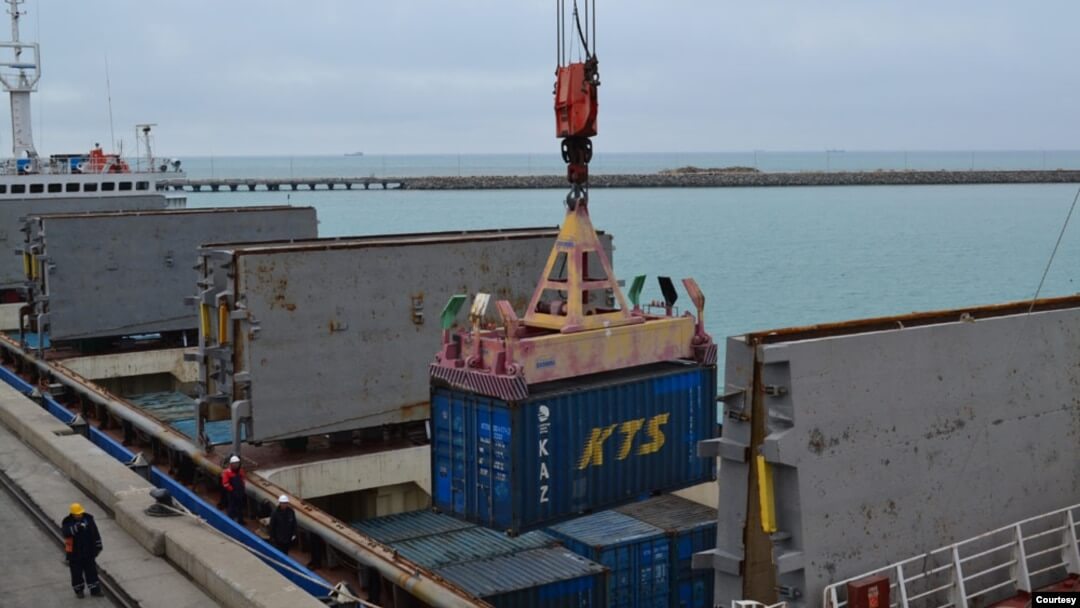 A delegation from the Taliban, led by Hamidullah Akhundzada, the acting Minister of Transport and Aviation, has traveled to Kazakhstan to participate in the North-South Transit and Trade Corridor meeting.
A delegation from the Taliban, led by Hamidullah Akhundzada, the acting Minister of Transport and Aviation, has traveled to Kazakhstan to participate in the North-South Transit and Trade Corridor meeting.
The purpose of this meeting is to create a five-nation corridor involving Belarus, Russia, Kazakhstan, Turkmenistan, and Afghanistan.
Imamuddin Ahmadi, the spokesperson for the Ministry of Transport and Aviation, said, “The five-nation transit and transport meeting is being held in Kazakhstan and will continue.The Taliban delegation has traveled to Kazakhstan to participate in this meeting.”
The Chamber of Industries and Mines stated that establishing a transit and trade corridor that can connect the north to the south will impact the reduction of goods transportation costs and the growth and development of Afghanistan’s trade with regional countries.
Sakhi Ahmad Payman, the First Deputy of the Chamber of Industries and Mines, said: “Creating trade and transit corridors between regional countries, especially with Kazakhstan, is of great commercial, political, and trade development importance for Afghanistan. This will connect us with Russia and many countries through Kazakhstan.”
Abdul Zahoor Mudaber, an economic affairs expert, said, “Due to its sensitive location, Afghanistan connects Central Asian countries to South Asian countries. Therefore, negotiations between economic delegations in facilitating this process can be effective.”
Previously, the initiation of the Trans-Afghan project, which involves Uzbekistan, Afghanistan, and Pakistan, had been agreed upon by representatives of these three countries; however, the project has not yet been practically implemented.
Afghanistan's Carpet, Rug Exports Exceed Nine Million Dollars in Six Months
 The Ministry of Industry and Commerce states that in the first six months of this year, carpets and rugs worth more than nine million dollars have been exported abroad.
The Ministry of Industry and Commerce states that in the first six months of this year, carpets and rugs worth more than nine million dollars have been exported abroad.
According to Abdul Salam Jawad, spokesperson of this ministry, most of the carpets were exported to Austria, India, Pakistan, Uzbekistan, Australia, Italy, China, and Turkey.
Jawad added that the Ministry of Industry and Commerce has provided the necessary facilities for traders to export carpets abroad.
The spokesperson of the Ministry of Industry and Commerce said, “In the first six months of 2024, over 2.4 million kilograms of carpets worth 8.7 million dollars were exported to Austria, Pakistan, India, Uzbekistan, Australia, the United Kingdom, the United States, Turkey, China, and other countries.”
Khanjan Alokozai, a member of the board of directors of the Chamber of Commerce and Investment, said, “Carpet is one of our main export items, and besides that, it provides job opportunities for both men and women.”
Meanwhile, some carpet sellers say that organizing exhibitions inside and outside the country will increase carpet sales and exports.
Mustafa Sakhi Zada, a carpet seller, said, “Unfortunately, our sales inside the country are less than before, and we request the current government officials to provide more facilities so that our sales increase.”
Firoz Afqar, another carpet seller, said, “In order to transfer quality carpets outside Afghanistan and to showcase and introduce the authentic Afghan culture, which is carpet weaving, to the world, it is necessary to open direct and fast air corridors.”
Previously, the United States Agency for International Development (USAID) stated that with the support of this organization, the Afghan carpet sector has increased its processing capacity to 500,000 square meters per year.
Afghanistan-Turkey Trade Relations See Growth in First Half of 2024
 The Ministry of Industry and Commerce said that the value of Afghanistan’s exports to Turkey in the past six months has reached $13 million.
The Ministry of Industry and Commerce said that the value of Afghanistan’s exports to Turkey in the past six months has reached $13 million.
Almond, carpets, raisins, cotton, and talc are the main export items to Turkey.
According to the Ministry of Industry and Commerce, the total value of trade between Kabul and Ankara in the first six months of 2024 is $52 million.
Akhundzada Abdul Salam Jawad, the spokesperson for the Ministry of Industry and Commerce, told media: “Most of the export items are almonds, cow hides, carpets, raisins, cumin, medicinal plants, cotton, and talc, and the main import items are medicinal drugs, shampoo, carpets, car batteries, plastic foam, chocolate, gold, and rugs.”
Meanwhile, Nooruddin Azizi, the acting Minister of Industry and Commerce, in a meeting with members of the Turkish Entrepreneurship and Business Ethics Association discussed increasing trade and economic relations and attracting investment from that country to Afghanistan.
Hüseyin Akça, the president of the Turkish Entrepreneurship and Business Ethics Association, said: “We have a historical friendship with Afghanistan. When I looked at the trade statistics between the two countries, the statistics are very low. Our association has come here to raise the trade level between the two countries to see business opportunities and meet with official and unofficial authorities and the mining community to elevate this level from the current situation to a desirable one.”
The Chamber of Industries and Mines said that since the return of the Taliban in the country, attention has been given to expanding trade relations with regional and global countries, but more economic and transit corridors need to be created so that goods can be exported to Europe via Turkey.
Sherbaz Kaminzada, the head of the Chamber of Industries and Mines, said: “Deliver our message to their government to at least reduce these taxes on us because we also use Turkish products so that our balance level decreases.”
Mohammad Younus Momand, first deputy of the ACCI, said: “Afghanistan needs to have good and friendly economic relations with all countries of the world. While preserving Afghanistan’s national economic interests, it is necessary to have direct connections with Turkey so that we can attract regional countries to the opportunities in Afghanistan.”
Statistics from the Ministry of Industry and Commerce also show that in the first three months of the current solar year, Afghanistan conducted nearly $2.683 billion in trade with other countries, of which about $428 million was exports.
Kazakhstan Commits to Developing Afghan Exports via Railway
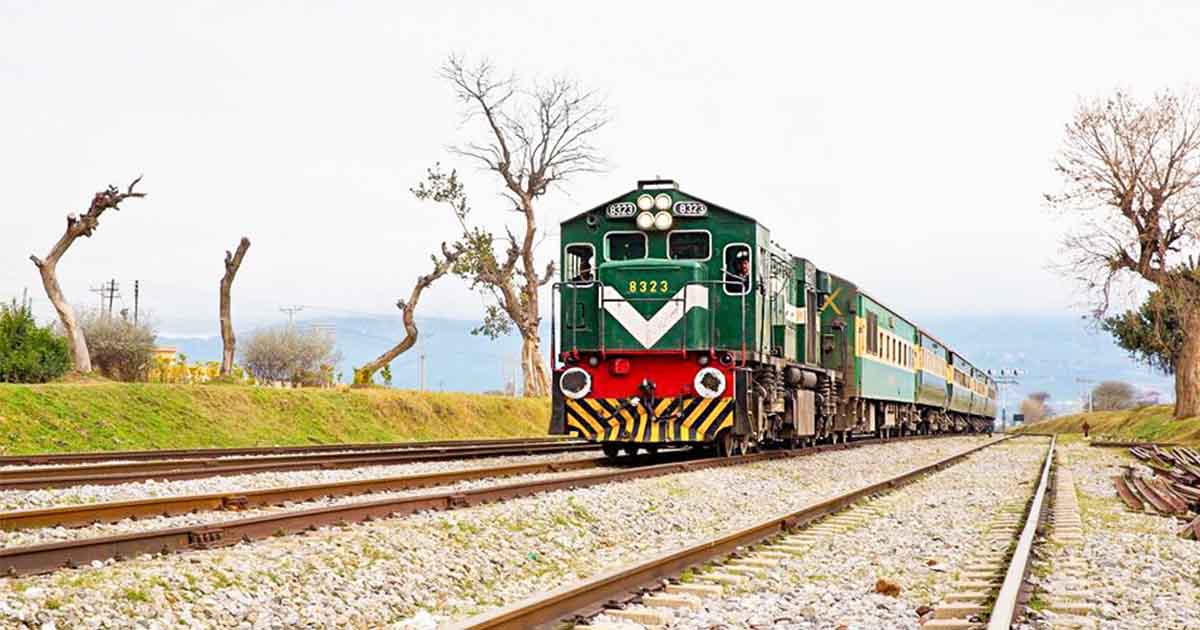 The Ministry of Industry and Commerce has stated that Kazakh officials are committed to facilitating Afghan exports to Kazakhstan through the railway.
The Ministry of Industry and Commerce has stated that Kazakh officials are committed to facilitating Afghan exports to Kazakhstan through the railway.
Abdul Salam Jawad, the spokesperson for the Ministry of Industry and Commerce, said that during a meeting between the acting Minister of Industry and Commerce and the Deputy Minister of Agriculture of Kazakhstan, along with other officials from the country, there was an emphasis on enhancing trade between Kabul and Astana, purchasing grain at reasonable prices, and strengthening Afghan exports to Kazakhstan via the railway.
The spokesperson for the Ministry of Industry and Commerce said, “The Kazakh side committed to a fifty percent discount on Afghan exports via the railway. The Afghan delegation, during this visit, also toured the Bino grain terminal, which has a storage capacity of over 100,000 tons. It is planned that, upon agreement, the purchased grain will be stored in this terminal and transferred to Afghanistan as needed.”
On the sidelines of the North-South Trade Corridor meeting, Nooruddin Azizi met with several Kazakh officials.
Meanwhile, the head of the Afghanistan Chamber of Industries and Mines stated that meetings and agreements between Afghanistan and neighboring and regional countries for the growth and development of trade are impactful.
Shirbaz Kaminzada, the head of the Afghanistan Chamber of Industries and Mines, told TOLOnews, “We welcome the visits and meetings of Taliban officials with neighboring countries and hope that we can connect to the global railway network, which is significant for us in terms of lowering prices and having our raw materials reach international markets.”
Some experts emphasize that strengthening Afghanistan’s economic and trade relations with neighboring and regional countries benefits all countries involved.
Abdul Zuhor Madbar, an economic expert, said, “Regional connectivity can benefit all countries, including Central Asian countries, South Asian countries, and even the Gulf countries.”
According to officials, in the North-South Trade Corridor meeting, Afghanistan will be connected with Belarus, Turkmenistan, Kazakhstan, and Russia.
Pharmaceutical Factory Inaugurated in Kabul
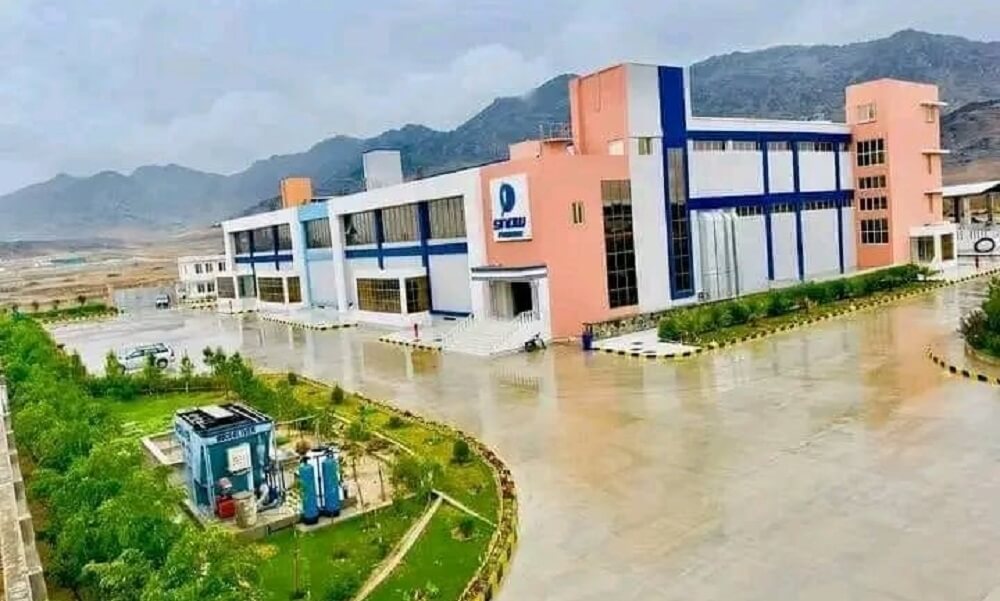 A pharmaceutical factory in Kabul was inaugurated on July 26, 2024 with an investment of over $20 million dollars.
A pharmaceutical factory in Kabul was inaugurated on July 26, 2024 with an investment of over $20 million dollars.
The manager of this factory pledged that they would operate based on the standards of the World Health Organization.
Hejazul Haq Mujahid, the manager of a pharmaceutical company, said: “This factory has been built according to the standards of the World Health Organization.”
Meanwhile, Mullah Abdul Ghani Baradar, Taliban’s deputy prime minister for economic affairs, said during the inauguration ceremony that the establishment of factories for drug production plays an important role in reducing drug imports from other countries.
Baradar said: “I ask all investors and businessmen to invest in their own country. By doing this, they will start their legitimate business on the one hand and help improve the country’s economic situation on the other.”
Din Mohammad Hanif, the acting minister of the Economy, said: “Manufacturers who produce and traders who import goods should not produce low-quality goods and traders should not import low-quality goods.”
Noor jalal Jalali, the acting Minister of Public Health, said that no fundamental work has been done in the health sector in the last twenty years.
Jalali asked traders to prevent the import and smuggling of low-quality drugs into the country.
The acting Minister of Public Health said: “Brothers who import low-quality drugs through smuggling should not oppress the nation.”
According to the information from the Directorate of Medicine and Food of the Ministry of Public Health, there are currently about 77 pharmaceutical factories active in the country.
6-Day Intl Exhibition in China Concludes with 80 Afghan Participants
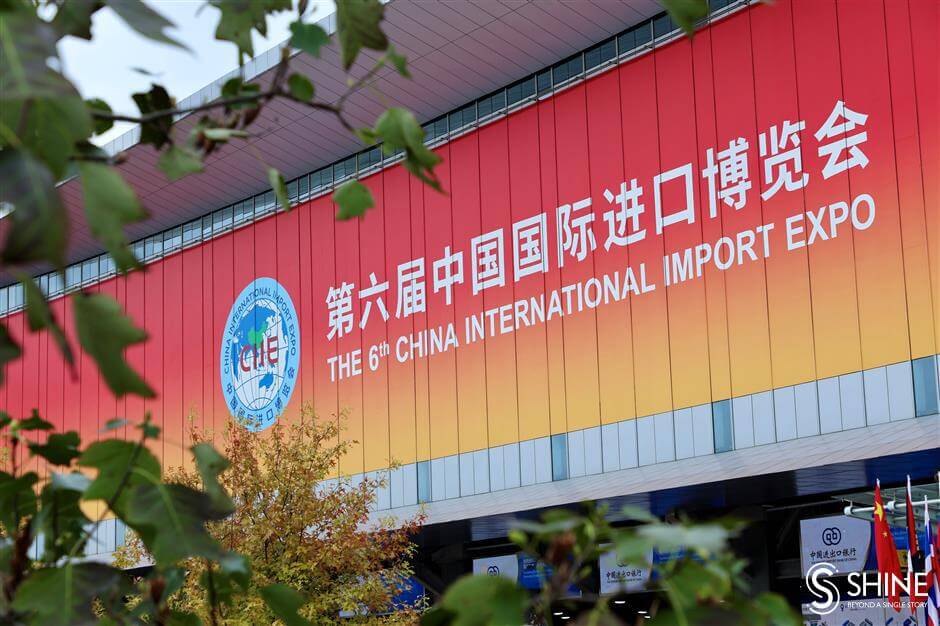 The Chamber of Commerce and Investment announced the conclusion of the six-day international exhibition in China, which saw the participation of 80 Afghan traders and industrialists.
The Chamber of Commerce and Investment announced the conclusion of the six-day international exhibition in China, which saw the participation of 80 Afghan traders and industrialists.
Officials from the Chamber of Commerce said such exhibitions are vital for introducing Afghan products to foreign markets and fostering economic relations between countries.
Mirzaman Popal, Deputy Director of Finance and Administration at the Chamber of Commerce and Investment, said, “The private sector has a very good representation, and Afghan export products were showcased here. We can say that this year was a significant achievement for Afghan export products.”
The exhibition, held on July 23 of this year in China, featured 41 booths where Afghan participants displayed products such as dried fruits, precious and semi-precious stones, medicinal plants, and carpets.
Some participants of the exhibition expressed their satisfaction with the level of visitors at the exhibition.
Habib Rahman, a booth owner, said, “Facilities should be provided so that other countries can participate more in domestic and international exhibitions.”
Naveed Popal, another businessperson, said: “We urge the Ministry of Industry and Commerce to secure more booths in the coming years to encourage other sectors to display their products to the people of this country.”
Other participants stated that more facilities are needed to participate in international exhibitions and market Afghan products.
Sayed Suleiman Farooqi, a booth owner, said: “It is very good for Afghans, especially for the export and trade of Afghans in Afghanistan. We are very happy to participate in this exhibition.”
Previously, 250 Afghan traders and industrialists had showcased the country’s domestic products in various sectors at an exhibition in Uzbekistan to gain access to its markets.
Recent Afghanistan Economic Outlook
Join to our Newsletter
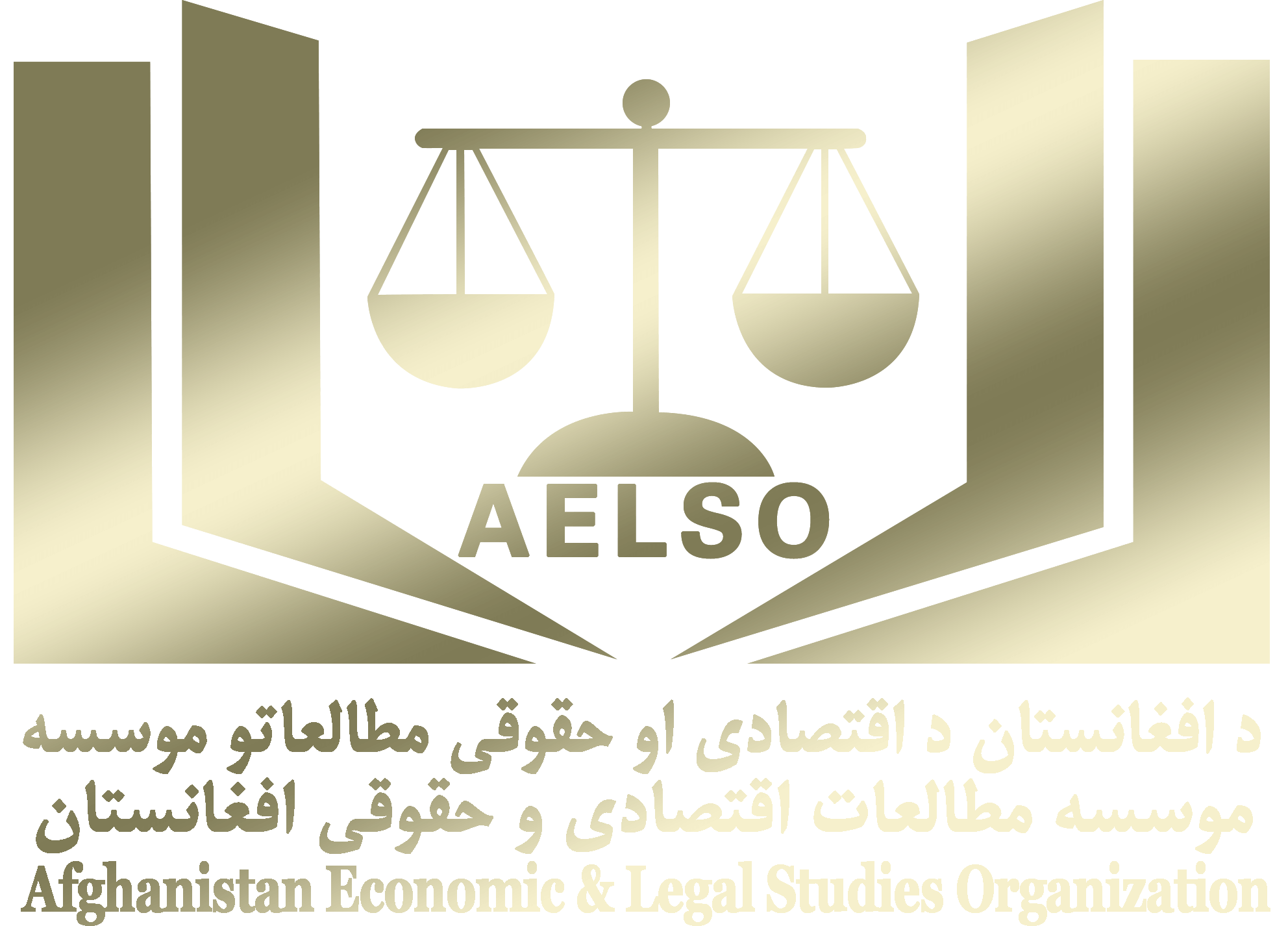
Advancing the Ideas for a Peaceful and Prosperous Afghanistan
© 2024 Copyright Afghanistan Economic & Legal Studies Organization.

